Federal Scrutiny of Meat & Poultry Industry Structure Is Intense
Two federal agencies, the U.S. Department of Justice and the Federal Trade Commission, enforce the nation’s antitrust laws, including the Sherman Antitrust Act (1890) and the Clayton Act (1914). Part of their task is monitoring business transactions to ensure industry concentration levels do not hurt competition.
The Sherman Act prohibits certain business activities that federal regulators deem to be anticompetitive, and requires the federal government to investigate and pursue trusts, companies, and organizations suspected of violating the law. It was the first federal statute to limit cartels and monopolies, and today still forms the basis for most antitrust litigation brought by the federal government.
The Clayton Act expanded the U.S. antitrust law regime by seeking to prevent anticompetitive practices in their incipiency. The Clayton Act specified particular prohibited conduct, a three-level enforcement scheme, exemptions, and remedial measures.
The Hart-Scott-Rodino Act strengthened these laws and requires companies to notify the antitrust authorities of their intent to merge, which allows the transaction to be reviewed by federal regulators before it is executed. Authorities consider several important issues in deciding whether to permit mergers, including the effect on market concentration from its premerger level.
But the meat and poultry industry is special and livestock and poultry procurement and marketing practices are subject to additional scrutiny because they are also regulated by USDA, which administers and enforces the Packers and Stockyards Act of 1921(P&S Act) (pdf). The purpose of the P&S Act is "to assure fair competition and fair trade practices, to safeguard farmers and ranchers...to protect consumers...and to protect members of the livestock, meat, and poultry industries from unfair, deceptive, unjustly discriminatory and monopolistic practices..." Enforcement areas include payment protection and investigating unfair, deceptive, and fraudulent practices.
USDA's Packers and Stockyards Program (P&SP) “promotes fair business practices and competitive environments to market livestock, meat, and poultry.” Other oversight activities include monitoring programs and conducting reviews and investigations. The agency’s oversight “fosters fair competition, provides payment protection, and guards against deceptive and fraudulent trade practices that affect the movement and price of meat animals and their products. P&SP's work protects consumers and members of the livestock, meat, and poultry industries.”
The scrutiny to which multiple federal agencies subject the meat and poultry industry regarding structure, marketing, and procurement practices is unique and among the most comprehensive and thorough of any industry in America.

